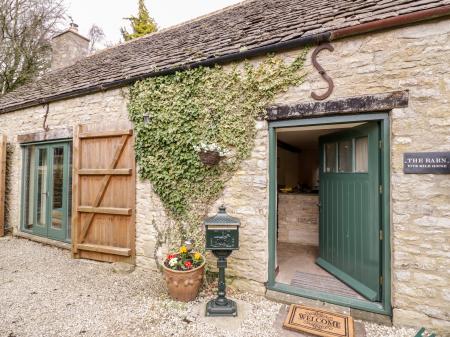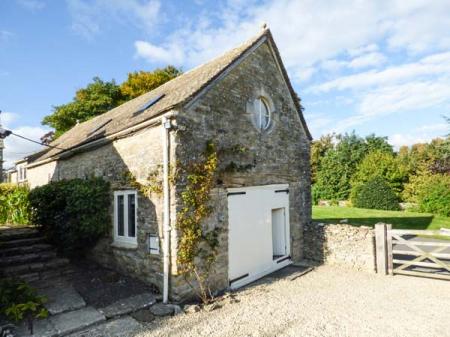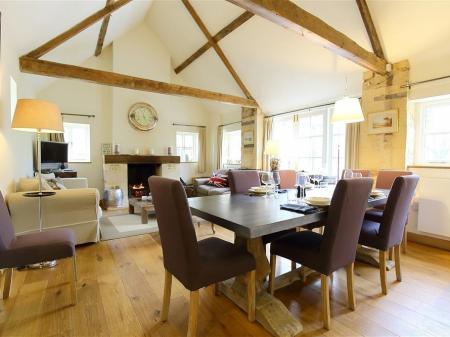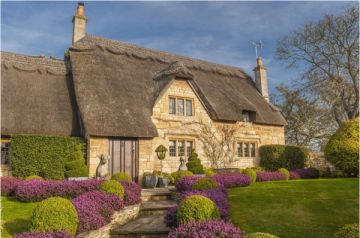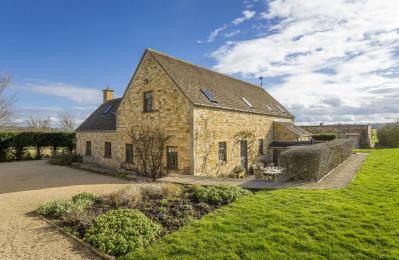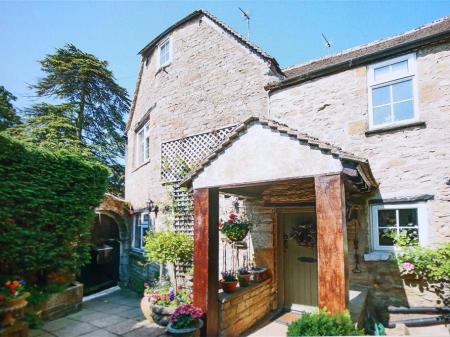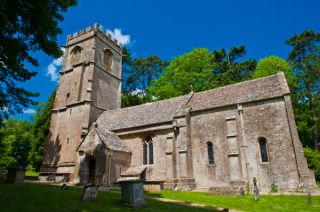
Elkstone must have been a quiet place until the discovery of mineral waters at Cheltenham. Cheltenham became a popular spa town, and regular coach traffic began between Gloucester and London, passing through the village. Among famous names to visit during this period was Jane Austen, who visited the rectory on several occasions.
The village name is a matter of some debate; it might derive from a Saxon named Ealac. The 'stone' may be a form of the Saxon word for 'home' or 'dwelling' so Elkstone might mean Ealac's Home. An alternative version suggests that the 'stone' refers to the pagan carved stone now found in the church vestry.
Near the church is Elkstone Manor, built in 1873. There is also an old school building that now serves as the village hall. There are three pubs in and around the village. The Green Dragon is a 17th-century inn with the bars and furniture made by the famous 'Mouseman' Thompson of Yorkshire. The Highwayman Inn dates to the 17th century also, though the original buildings were erected in the 16th century. The Inn is located at a crossing on the old 17th-century turnpike road. A bit further afield is the Colesbourne Inn, another coaching inn, dating to 1827, standing midway between Cirencester and Cheltenham.
 We've 'tagged' this attraction information to help you find related historic attractions and learn more about major time periods mentioned.
We've 'tagged' this attraction information to help you find related historic attractions and learn more about major time periods mentioned.